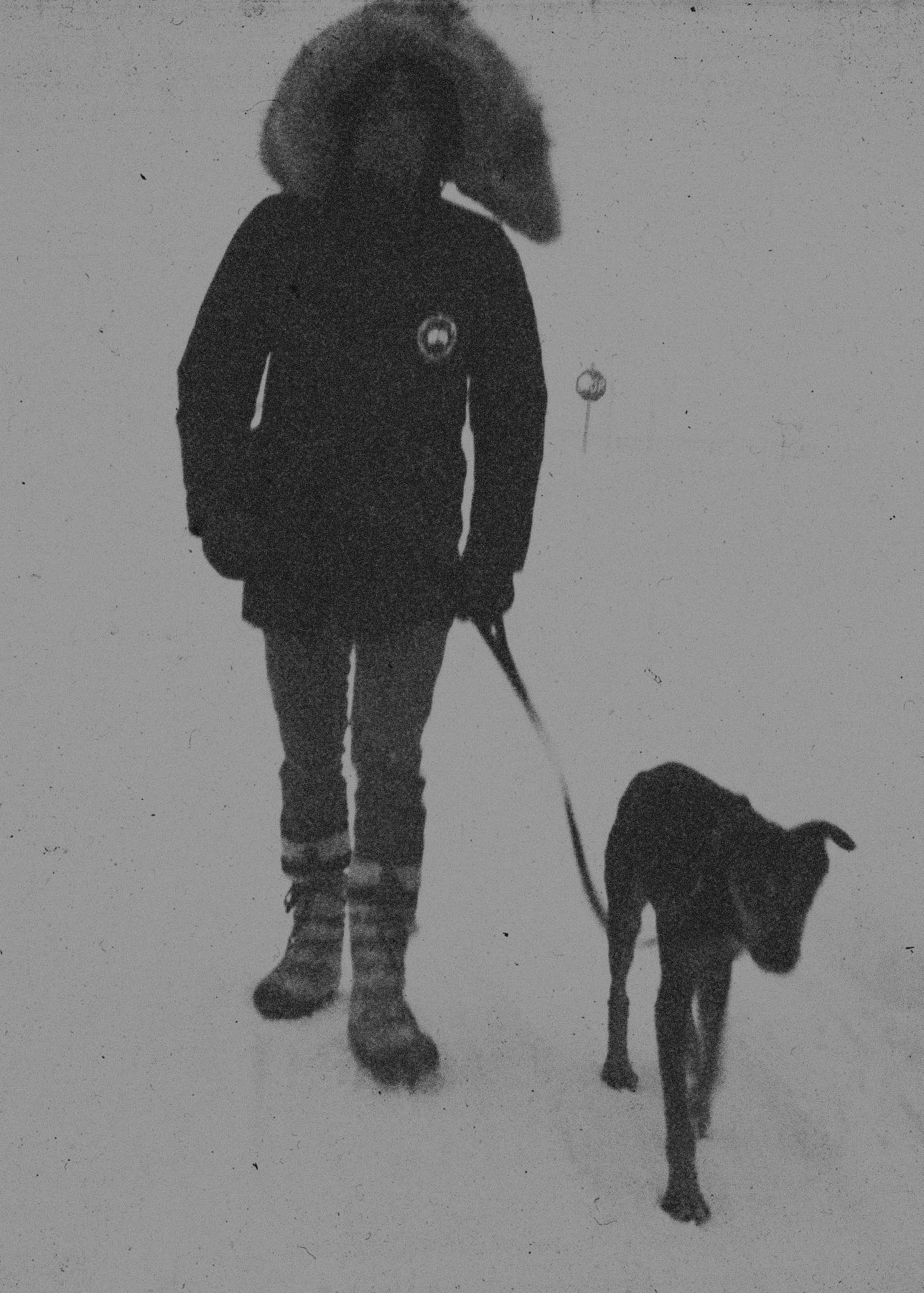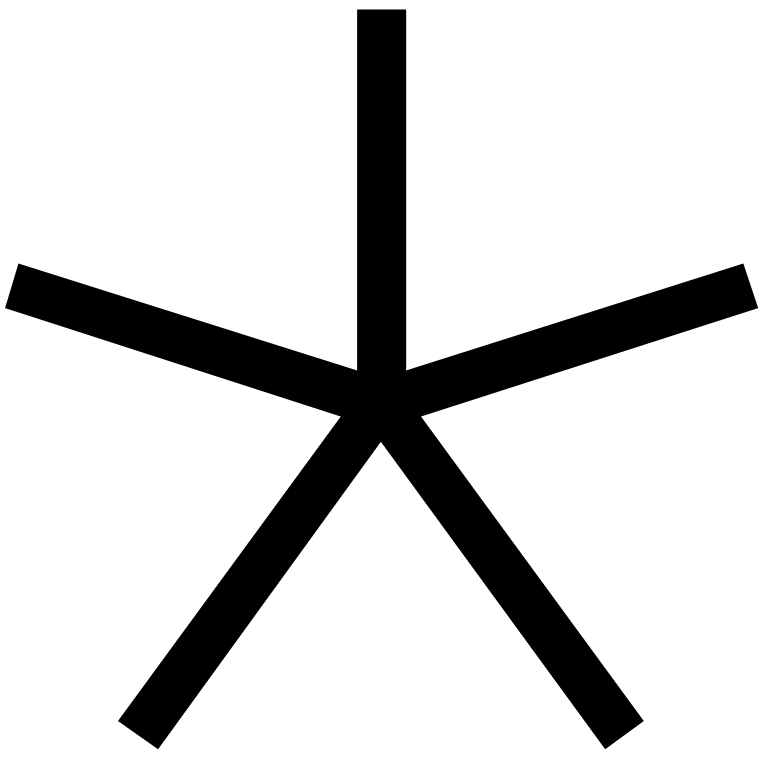Siamit Lab tells stories about caregiving, public health, and the future of country medicine.

Siamit in Nature
Achieving rural health equity requires patients, health workers, family caregivers, and researchers to work together to translate new knowledge into health systems and clinical care. Siamit faculty Lucas Trout, Margaret Smith, Linda Joule, and Stuart Harris describe an academic-tribal health partnership to advance this model in Nature.
The audacity of accompaniment
Drawing on Latin American liberation theology, physician-anthropologist Paul Farmer theorized a form of care centered on caregivers' responsibility to their patients that emphasized their ongoing practical and moral presence and commitment to keep treating patients over the course of an illness. Siamit faculty Arthur Kleinman explores the meaning and practice of accompaniment through the life and work of Farmer in Think Global Health.
Climate change and Arctic health
Climate change is felt deeply in the Alaskan arctic, with impacts blurring the lines between cultural, economic, environmental, and physical health. Siamit research fellow Cassidy Kramer addresses the intersection of climate change, subsistence practice, and one health at the World Economic Forum.
Realizing Indigenous health rights
New approaches to primary care are on the rise. One tribal health system is working toward health equity by addressing the social determinants of health in primary care settings. Siamit faculty Lucas Trout and Corina Kramer write in Health and Human Rights.

Coloniality and Indigenous resurgence
In a keynote at the Hotıì ts'eeda Ełèts’ehdèe Gathering, Siamit faculty Donna May Kimmaliardjuk speaks to the state and future of Inuit health through a doctor’s sort of analogy: parasitism and the immune response.
Rural reproductive health
A Siamit study with the University of Washington finds that centering Iñupiaq values, strengthening patient-provider relationships, and investing in community-based social supports can contribute to improved reproductive health outcomes among rural Alaska Native women. A paper in Contraception explores the social, geographic, and health system contexts shaping reproductive health in Northwest Alaska.
Covid-19 requires a social medicine response
Covid-19 is a social disease, with exposure, illness, care, and outcomes stratified along familiar social, economic, and racial lines. These disparities charge policy leaders to shape a response grounded in social medicine. Siamit faculty Lucas Trout and Arthur Kleinman write in Frontiers in Sociology.
Siamit in Academic Medicine
American Indians and Alaska Natives have long held state-conferred health rights, but health care disparities persist. An innovation report in Academic Medicine shares the partnership model developed by teams at Harvard, Mass General Brigham, and Maniilaq Social Medicine to advance a health equity agenda in Northwest Alaska.

Psychiatry’s identity crisis
Psychiatric diagnoses and medications proliferate under the banner of scientific medicine, though there is no comprehensive biologic understanding of either the causes or the treatments of psychiatric disorders. A paper in NEJM from Siamit faculty Arthur Kleinman describes the identity crisis shaping modern psychiatry.
From rural Alaska to global primary care
Siamit faculty Lucas Trout describes three care innovations in the Alaska Tribal Health System with broad implications for global primary care. Read more in the World Health Organization Blog.
Health technologies in the North
Health communications technologies have played a big role in changing arctic lives, lands, and cultures. A Northern Public Affairs story from Siamit faculty Lucas Trout, Arthur Kleinman, Tanya Kirk, and Mark Erickson about just how much the the internet matters.
Lessons from TB in battling Covid-19
There’s a lot we can learn from one of the last great pandemics: tuberculosis. The strategies used by wealthy countries to wipe it out within their borders in the 1950s hold lessons for the world. Siamit faculty Salmaan Keshavjee writes for National Public Radio.

Teaching social medicine
Siamit is working to move social medicine education beyond the preclinical curriculum and into rural Alaska hospitals, clinics, and communities. A paper from Siamit faculty and fellows in Social Medicine shares the education model used by partners at Maniilaq, Harvard, and MGH.
Siamit responds to Covid-19
Siamit faculty Ashley Weisman and Lucas Trout describe the role of academic-tribal health partnerships in responding to the Covid-19 pandemic in rural Alaska. Read on in The Harvard Gazette.
Climate, subsistence, and Indigenous futures
Siamit research fellow Cassidy Kramer joined Arctic Basecamp — and Dwight Schrute — to discuss the impacts of climate change on her home, family, and future. The BBC summed it up well in their profile of Cassidy as one of 100 influential and inspirational women around the world.
Suicide, social medicine, and the purview of care
Rural Alaska health health workers seek footing to redress a suicide crisis that many ascribe to colonialism itself. In the end, a single question: What is care, anyways? An ethnography in Health and Human Rights.

The risks of normalizing the coronavirus
What do we lose when we become numb to mass death? Siamit fellow Clayton Dalton writes about his experiences treating Covid-19 patients in The New Yorker.
Decoloniality as an ethics of care
What happens when community members, health workers, and researchers partner to develop suicide prevention tools grounded in an ethics of decoloniality. Wexler, Barnett, Trout, and Moto write in Northern Public Affairs.
A social medicine response to Covid-19
Social medicine brings with it a set of tools for responding to the waves of human suffering that have already arrived — as well as others still to come. Siamit faculty Lucas Trout shares Alaska’s social medicine response in a broadcast from the Harvard Medical School Center for Primary Care.
